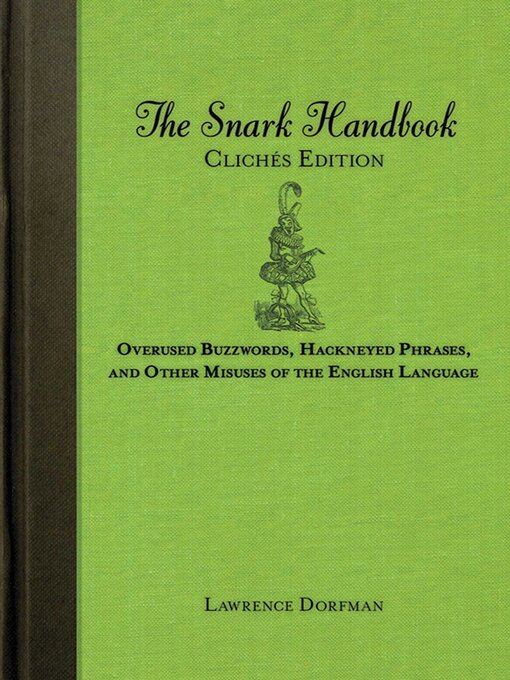- English
- 中文(简体)
Etymology: French, literally, printer's stereotype, from past participle of clichér, to stereotype, of imitative origin
Date: 1892
1 : a trite phrase or expression; also : the idea expressed by it
2 : a hackneyed theme, characterization, or situation
3 : something that has become overly familiar or commonplace
In the words of Stephen Fry, "It is a cliché that most clichés are true, but then like most clichés, that cliché is untrue." Clichés are like rationalizations: try going a week without using one. It can't be done! They are the hobgoblin of little minds. For most of us, once you begin to take notice, they are fingernails on a chalkboard.
From Shakespeare to Shakira; in music, on television, at the movies; in the boardroom, on a conference call, online or in person, clichés have taken over the world. While some nitwits might say they're just misunderstood, they didn't start out that way. There was a time when they were new and vibrant, clever and pithy. Now they're just predictable—a vapid collection of much-too-familiar descriptions or metaphors that often replace smart conversation, speech, or writing.
This book is a collection of the most overused phrases of all time. Hopefully, it'll make you laugh. Hopefully, it'll make them think. And at the end of the day, if the early bird catches the worm and the slow and steady win the race . . .
Please . . . kill . . . me . . . now.

